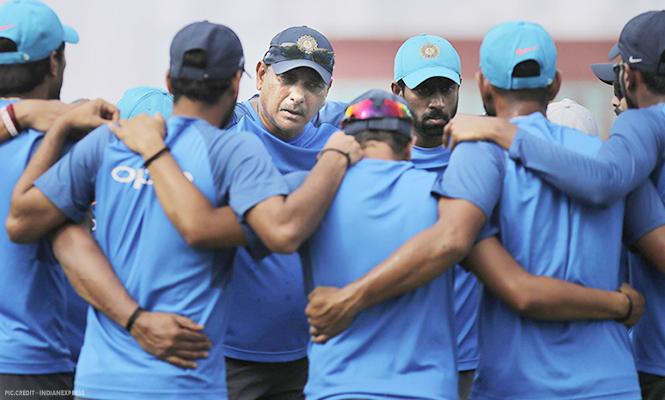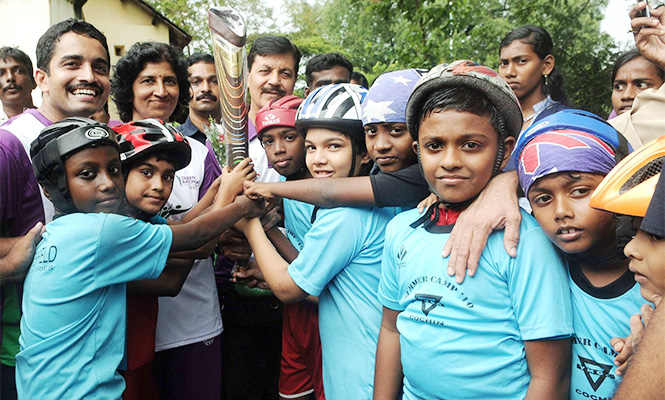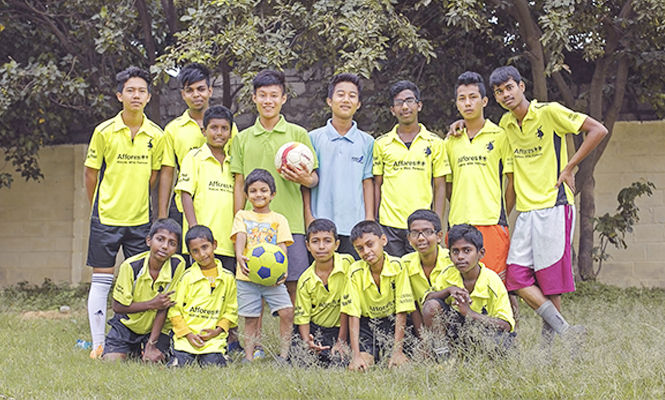5 ways to Deal with Bullying

 When your child gets into a team, your first hopes are that they form a lasting bond with their team-mates. Unfortunately, sometimes it is hindered by petty parental jealousies and children’s bullying nature.
When your child gets into a team, your first hopes are that they form a lasting bond with their team-mates. Unfortunately, sometimes it is hindered by petty parental jealousies and children’s bullying nature.
As a coach, take charge of your team. Here’s how:
Set the Tone
Start off by detailing your expectations when it comes to behaviour. Tell the kids that you won’t tolerate poor sportsmanship or bullying. Consider establishing consequences for bad behaviour. For instance, a kid caught bullying might have to sit out the game. Once you’ve established these rules, you need to stand by them, even if it means that you’re not able to use your best player.

Be an Example
Kids mimic the behaviour of the adults. Almost everyone has seen a coach who shouts insults at the referees and belittles kids in an attempt to push them to work harder. If you’re calling people names, you’re creating an environment that enables the kids to feel comfortable doing the same. Instead, work hard to be the type of coach who encourages all players. Show every single person the type of respect you want your players to show.
Encourage Friendships
Kids who are “outsiders” are often the victims of bullying, and coaches need to make sure that none of the kids feel left out. Plan group outings outside of the traditional practices. Assign partners rather than letting kids choose their own to help each kid get to know the other players on the team.
Play All Athletes
This isn’t a professional league. Kids join sports teams to have fun, make friendships, and develop a few sports skills. Kids who spend most of the game sitting on the benches will not feel like they’re part of the team and may be more likely to get bullied. It’s your job to help each boy or girl realize that they have something to contribute to the team.
Squash Bullying Behavior
Don’t turn a blind eye to bullying behaviour. While it’s normal for kids to occasionally poke fun, you need to watch out for the times when this “roughhousing” goes too far. Let parents know that you want to hear about bullying. Make sure that your team knows they can come to you. Talk to the team when bullying becomes a problem and follow through on consequences if you catch a kid bullying another.






